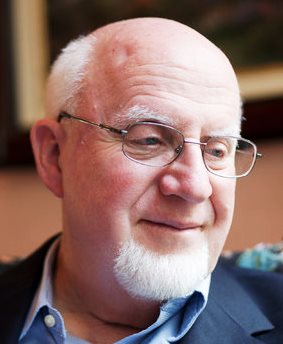
A preacher spoke about Jesus’s parable of the sower (Matt. 13). Jay had two questions, which he asked his mother Marti. Marti was emailing my mother and casually mentioned Jay’s questions to her. Mom was writing to my wife Sara Faye and, by the way, asked her to ask me how I would answer if asked.
I felt asked, since Sara Faye said that Mother said that Marti said that Jay said that the preacher said that Matthew said that Jesus said in Matthew 13, that everyone who did not sow good seed would be lost.
Actually, that is not what Jesus said. This parable does not picture those who are saved or lost as sowers, but as the seed and what it produces. “The good seed means the sons of the kingdom; the weeds are the sons of the evil one” (Matt. 13:38). Those thrown into the furnace of fire at the end of the age are “weeds” and “sons of the evil one” (v. 38-39). They had moved about in God’s kingdom just as if they belonged, but all the while they were doing evil and causing all kinds of sin. The “weeds” in this parable are hypocrites, pretenders, and frauds. But the day is coming when they will be gathered out of the kingdom of the Son of Man and thrown into the furnace of fire (v. 40-42).
But why did Jesus teach in parables? It appeared to Jay that Jesus gives two answers that seem to be opposites. Sometimes Jesus says that his parables enable people to understand and to be blessed. At other times he says they prevent people from understanding and being blessed (v. 10 -17, 34-35). Both those things are true, they are just true of different kinds of people. For those with humble and honest hearts, Jesus’s Parables are an avenue of understanding, but to those whose hearts are stubborn and willfully unrepentant, they are a barrier to understanding.
The same truth from God when spoken to a mixed audience of people often has two results. Those who are proud and self-sufficient are hardened in their sin, and for that reason they do not understand. Those who are tender-hearted and receptive to God are softened so they do understand the truth and are blessed. How can the same message produce opposite `results? It is a mystery, but the world is full of mysteries. The same sun hardens the clay but melts the butter.